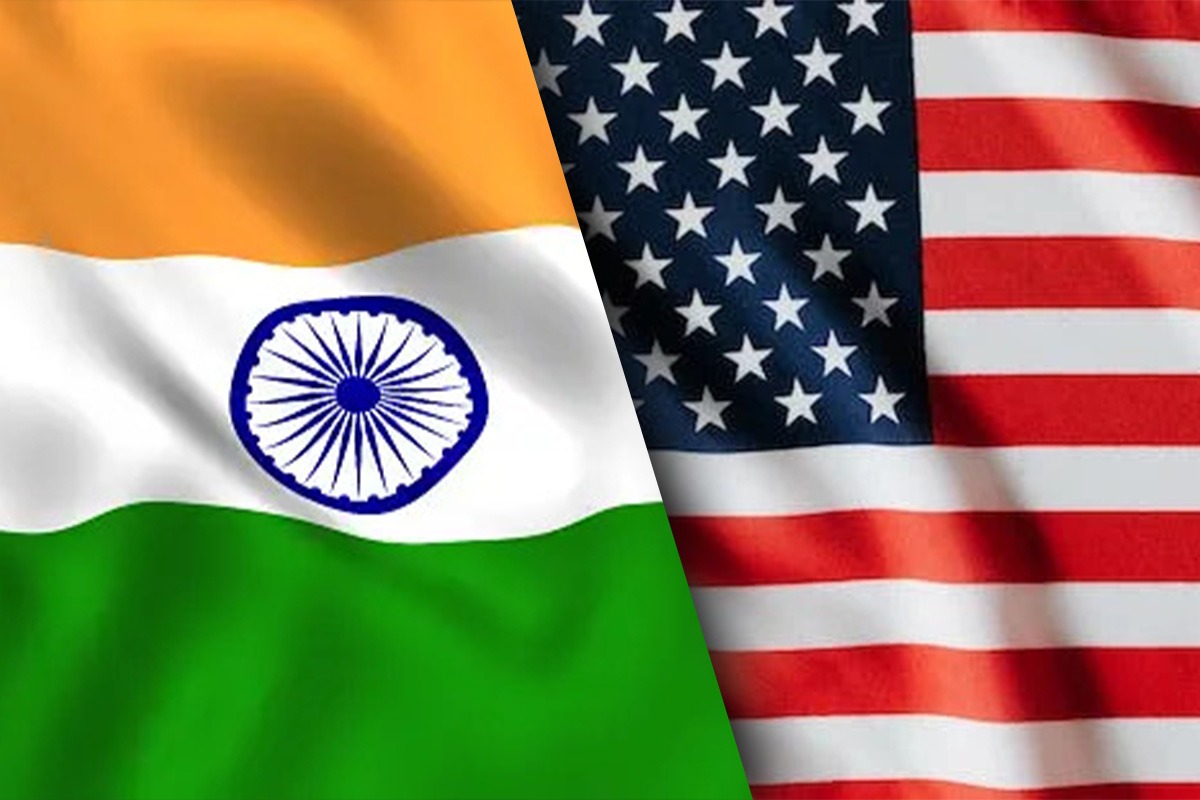


US Secretary of State Anthony Blinken and Defense Secretary Lloyd J Austin III will be in India next week for the 5th annual 2+2 Ministerial Dialogue. They will meet with External Affairs Minister S Jaishankar and Defence Minister Rajnath Singh in New Delhi, besides calling on Prime Minister Narendra Modi. The dialogue will focus on enhancing defence partnership between the two countries and building consensus on policies at the global level.
However, the much-awaited ministerial dialogue will present a good opportunity for both New Delhi and Washington to focus on the increasing assertiveness of China in the Indo-Pacific, Indian Ocean Region, and other geographies. China’s growing assertive behaviour is not hidden from the global community. Beijing continues to pursue debt-trap diplomacy on the pretext of the Belt and Road Initiative (BRI). At the recently held third Belt and Road Forum for International Cooperation, Chinese President Xi Jinping has reportedly decided to renew the strategy to reach out to various countries with the BRI projects. Since the India-US 2+2 ministerial dialogue is taking place amidst the massive war between Israel and Hamas terrorists, New Delhi and Washington should not allow the Middle East conflict to divert their focus from Beijing’s belligerence.
India should use the opportunity provided by the ministerial dialogue to bring in sharp focus China’s increasingly assertive behaviour and its attempt to expand its influence in the Indo-Pacific and other regions, posing security challenges to all the stakeholders including the US in the area. In what is a positive development ahead of the dialogue to be held in New Delhi next week, the US has made it clear that the latest war between Israel and Hamas militants will not distract the Biden administration from its involvement in the Indo-Pacific issues. National Security Advisor Jake Sullivan made this remark when asked whether the war that erupted with a surprise Hamas attack on Israel will make it more difficult for the administration of President Joe Biden to remain committed to Ukraine and stability in the Indo-Pacific, where China has been increasingly demonstrating its military might. Similar apprehensions were raised in the diplomatic establishment in India during the Ukraine-Russia conflict.
Undoubtedly, the Ukraine conflict had, to some extent, diluted Biden’s focus on China’s aggressions in the Indo-Pacific. It was due to hard work by the Indian diplomatic team that the US shifted its focus back to China ahead of the Quad summit. Referring to the upcoming India-US 2+2 Ministerial Dialogue, the US State Department has said that the delegations will discuss both “bilateral and global concerns” and the developments in the Indo-Pacific region.
However, this statement does not end the concerns that the Indian side may have. In fact, the Biden administration is more focused on the Middle East crisis resulting from the present war between Israel and Hamas. Defense Secretary Llyod Austin has himself said, “The US is concerned that the fighting between Israel and Hamas, in the wake of Hamas’ 7 October terror attack, could spill over into a broader conflict through the Middle East would imperil American military forces.”
“We are concerned about potential escalation, In fact, what we’re seeing is the prospect of a significant escalation of attacks on our troops and our people throughout the region,” he told a news agency. Even though the US ministers will be dealing with the matters pertaining to the Indo-Pacific during the dialogue, the concern is about how substantial and comprehensive the discussion on this issue is going to be. Discussions will definitely range from the increasing belligerence of China to the India-Middle East-Europe Economic Corridor, to the ongoing conflict involving Israel, Hamas, Russia and Ukraine.
But India needs to do hard work to ensure that a good amount of time is spent discussing strategies to jointly tackle security challenges from China during the upcoming India-US Ministerial Dialogue. Given China’s recent activities aimed at expanding footprints and influence in the Indo-Pacific and several Asian and African countries, the US and India must ensure that the most important facet of the dialogue is the cooperation on the Indo-Pacific to counter China’s illegal territorial and maritime assertions, especially in the region. The two countries must add value addition to the earlier strategy to tackle China’s aggression in the Indo-Pacific in the light of these facts.